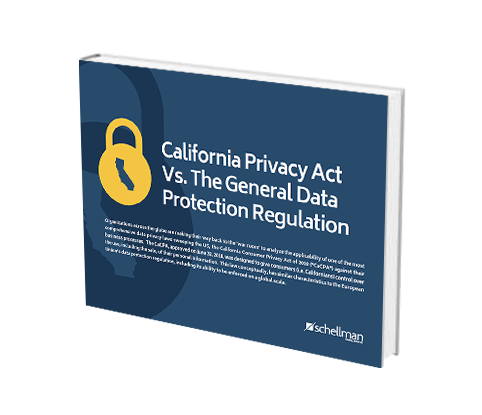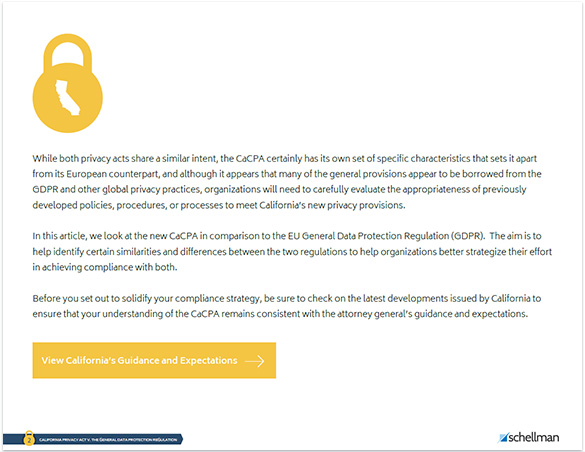Services
Services
SOC & Attestations
SOC & Attestations
Payment Card Assessments
Payment Card Assessments
ISO Certifications
ISO Certifications
Privacy Assessments
Privacy Assessments
Federal Assessments
Federal Assessments
Healthcare Assessments
Healthcare Assessments
Penetration Testing
Penetration Testing
Cybersecurity Assessments
Cybersecurity Assessments
Crypto and Digital Trust
Crypto and Digital Trust
Schellman Training
Schellman Training
ESG & Sustainability
ESG & Sustainability
AI Services
AI Services
Industry Solutions
Industry Solutions
Cloud Computing & Data Centers
Cloud Computing & Data Centers
Financial Services & Fintech
Financial Services & Fintech
Healthcare
Healthcare
Payment Card Processing
Payment Card Processing
US Government
US Government
Higher Education & Research Laboratories
Higher Education & Research Laboratories
About Us
About Us
Leadership Team
Leadership Team
Careers
Careers
Corporate Social Responsibility
Corporate Social Responsibility
Strategic Partnerships
Strategic Partnerships



